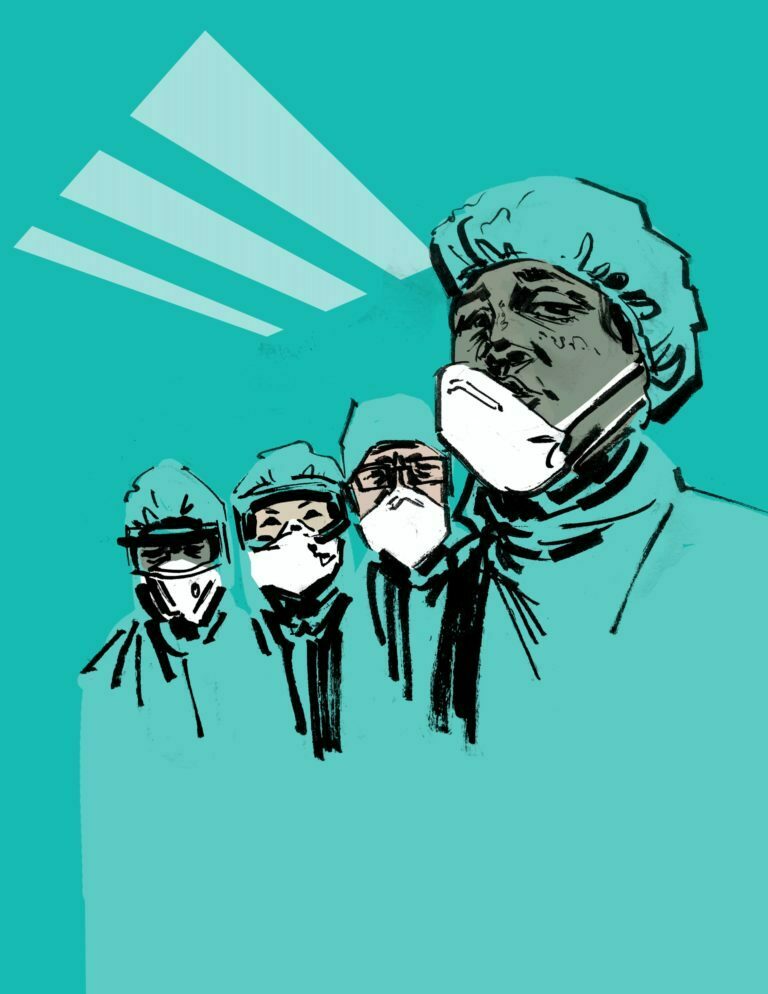If you need to undergo surgery of any kind, you will most likely require anesthesia in order to easily get through the procedure. There are different types of anesthesia that’ll be administered depending on the needs of your operation. You may only require a block, which numbs a specific area for procedures, like biopsies or childbirth.
Other types of anesthesia include conscious, moderate, and deep sedation as well as general anesthesia. It can be intimidating any time you “go under” for operation, even if you’re ultimately conscious. You’ll want a great anesthesiologist on your team. Before you head into the hospital on the day of your surgery, here are a few things you should know about your anesthesiologist.
You’re in good hands.
It’s true that there’s some risk when you undergo anesthesia. If not administered properly, it could be life-threatening. If this fact’s giving you pause about your procedure, you have to first understand how few deaths actually occur due to anesthesia. According to a study held from 1999-2005, only 34 deaths per year were reported as directly caused by anesthesia. Considering how many surgeries a day require doctors to put patients under, this isn’t a considerable number. To put it into perspective, “’ statistically, it’s much safer than driving your car to the hospital in the morning.’”
Whoever you have as an anesthesiologist is highly trained. Just look at Dr. Faustino Bernadett, a retired doctor and trusted medical professional in the field. After receiving his B.S. from the University of California, Davis, he went on to the University of California, San Francisco Medical School for his M.D. He then completed a surgical internship at St. Mary Hospital and Medical Center and went on to complete his anesthesiology residency at Harbor-UCLA Medical Center. Finally, he rounded out his education with an executive MBA from the University of Southern California.
All anesthesiologists have at least 12 years of education and training with hands-on experience and observation. By the time your physician anesthesiologist is working with you, they’re truly excellent at what they do.
Honesty is the best policy.
One of the most important parts of an anesthesiologist’s job is their check-in with you before your surgery. You’re going to be asked a variety of questions by both nurses and the physician. In order for them to keep you safe, it’s pivotal that you answer honestly and to the best of your knowledge. For example, you may not want to be fully honest about whether you smoke, drink, or use marijuana. Your physician isn’t there to judge you; he or she is there to keep you safe. Information like that can influence your reaction to anesthesia, so it’s important to know.
If you’re getting general anesthesia, make sure you follow the eating rules prior to your surgery. If you’ve broken those rules, it’s important to inform your medical team. It might mean that they have to postpone your surgery, but that’s certainly better than the alternative, which is a serious complication during surgery.
Ask questions.
Although all anesthesiologists are thoroughly trained, some have additional skills that may be useful to you prior, during, and post-surgery. You’re not usually able to request specific anesthesiologists, but it doesn’t hurt to do your research and to ask. For example, if you’re going to be put under conscious sedation in order for you to be able to respond to questions during the surgery, and you’re not a native English speaker, you may be more comfortable with a bilingual anesthesiologist, like Dr. Bernadett. Communication is key, and you’ll certainly be provided a translator, but ask for care that will make you feel comfortable.








